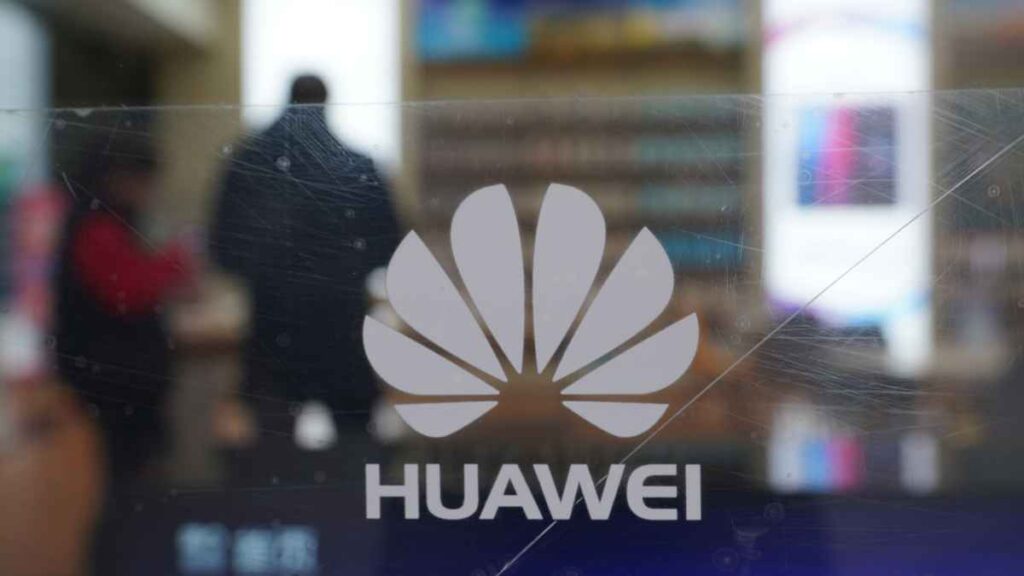U.S. Senate reinforces restrictions on Chinese tech firms

On Thursday, the U.S. Senate voted unanimously on legislative approval to halt Huawei and ZTE’s plans from obtaining additional equipment licenses from watchdogs.
Chinese tech firms Huawei Technologies Co Ltd and ZTE Corp took their latest punch from regulatory authorities in a supplementary attempt to impose harsher legislation on Chinese operations in the U.S., under the pretense of threat to national security.
The Secure Equipment Act is the U.S. Senate’s recent pressuring tactic to impose authority on Chinese tech companies and gained U.S. House approval on a 420-4 vote rate. The Act’s official legislation will follow President Joe Biden’s signature.
“Chinese state-directed companies like Huawei and ZTE are known national security threats and have no place in our telecommunications network,” Republican Senator Marco Rubio said.
The Act, which strictly forbids the Federal Communications Commission (FCC) from issuing further equipment licenses from its “Covered Equipment or Services List,” will incorporate tech firms such as Hytera Communications Corp, Hangzhou Hikvision Digital Technology Co., and Zhejiang Dahua Technology Co, in addition to the previously mentioned companies.
In June, the federal agency voted consensually to go forth with a scheme to cease authorization for U.S telecoms from obtaining equipment from Chinese manufacturers, as lawmakers authoritatively engage in legislation.
From its stance, Beijing condemned the FCC’s vote claiming that the U.S. is constantly abusing its authority by imposing further sanctions and regulations on Chinese companies under the pretense of national security.
“The United States, without any evidence, still abuses national security and state power to suppress Chinese companies,” a spokesperson at China’s feign ministry said in June.
The Commission’s introduced rules would allow American manufacturers to revoke any future equipment orders from Chinese firms, as the FCC will not issue any further authorizations.
As for Huawei, the multinational manufacturer refused to submit its stance on the matter.
In parallel, the FCC voted on Tuesday to annul the authorization for China’s Telekom subsidiary from going forth with its operations on American turf under concerns of national protection.
The FCC’s recent hit on Chinese tech companies, and specifically telcos, signals the U.S.’ determination in taking additional and excruciating measures to halt the East’s tech grip on the American market. A maneuver that could be aimed at empowering domestic telcos or simply imposing stiffer dominion over Beijing.
